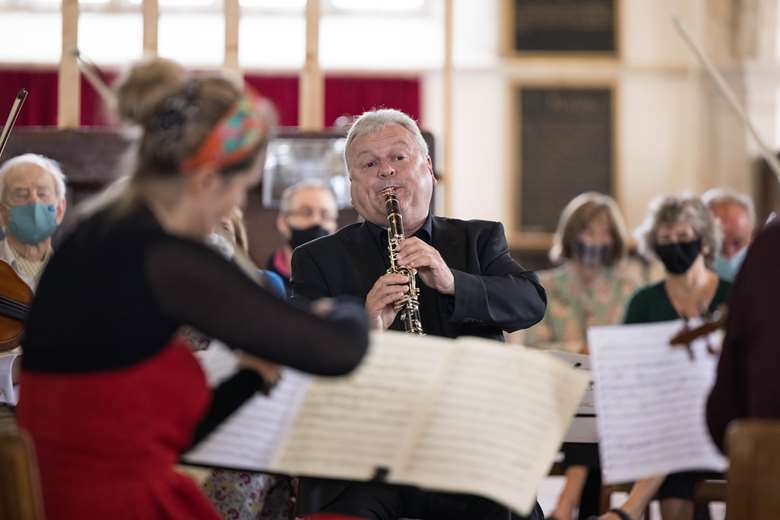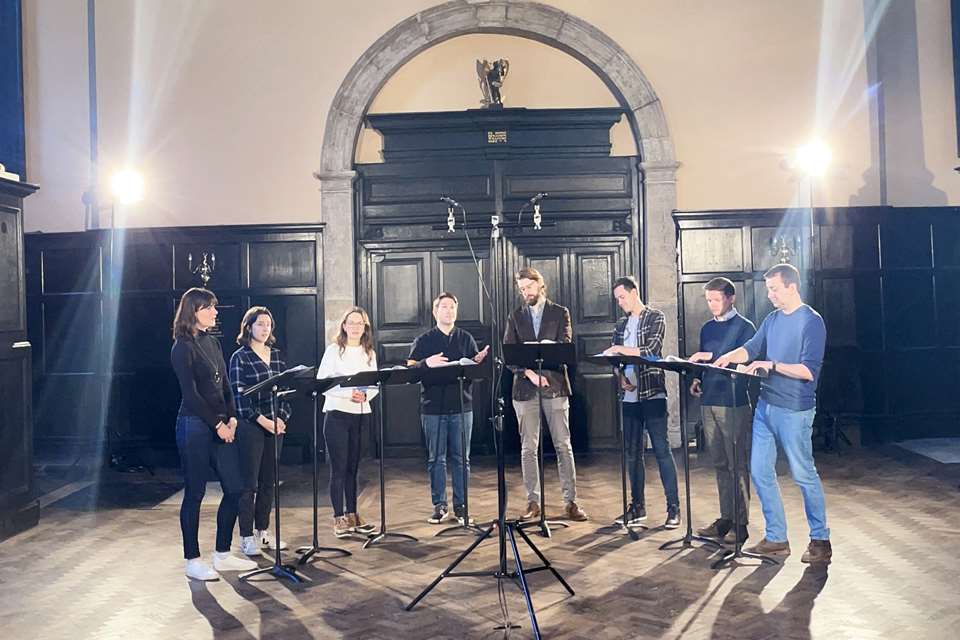JAM on the Marsh: Breaking down barriers to classical music
Florence Lockheart
Wednesday, May 25, 2022
Florence Lockheart talks to JAM on the Marsh festival artistic director, Ed Armitage, and head of marketing and fundraising, Sarah Armitage about how the festival's Call for Artists is helping JAM break down barriers and broaden classical music audiences


Register now to continue reading
Don’t miss out on our dedicated coverage of the classical music world. Register today to enjoy the following benefits:
- Unlimited access to news pages
- Free weekly email newsletter
- Free access to two subscriber-only articles per month
